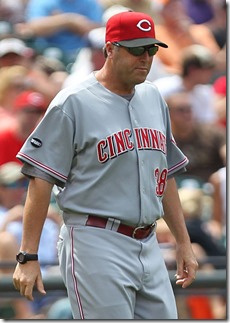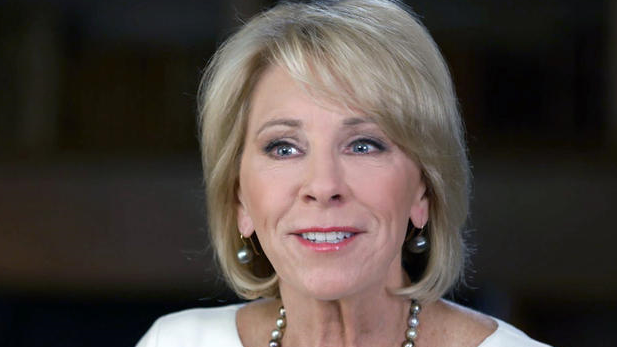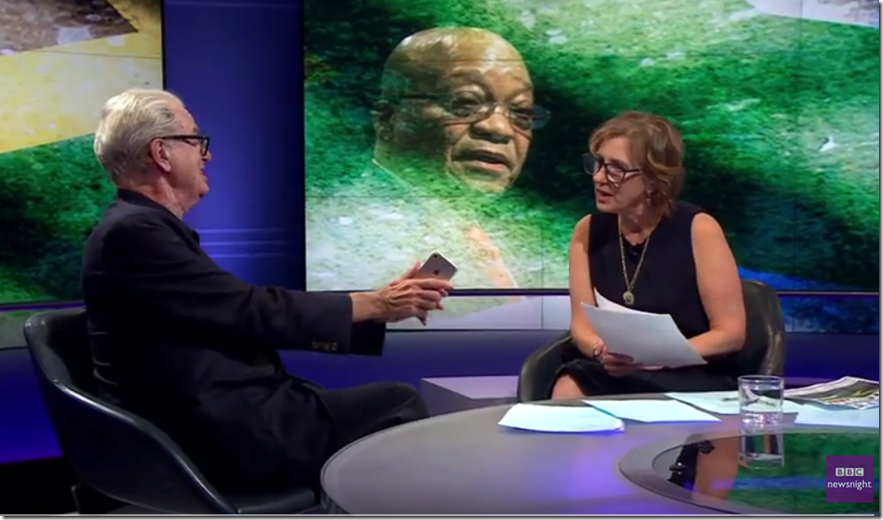How To Guarantee More Media Coverage For Your Topic
There’s no better way to guarantee more media coverage for an issue you don’t want the media to cover than to blow up at a reporter about that issue. Especially if your blowup is recorded.
Bryan Price, the manager of the Cincinnati Reds, serves as the latest case study. According to the Cincinnati Enquirer:
“Upset by the accurate reports that All-Star catcher Devin Mesoraco was not with the team for Sunday’s game in St. Louis, Price went on a five-minute, 34-second expletive-filled tirade in his daily session with reporters.”
An “expletive-filled tirade” is, if anything, an understatement. In just 634 seconds, Price said “fuck” 77 times. That’s a “fuck-per-second” ratio of one f-bomb every eight seconds. And, not surprisingly, his vulgar rant went viral, drawing more attention to the very story he wished had been buried.
Even worse, Price seems to have a completely inaccurate belief about the proper role of the press:
“I don’t understand what the importance is for everybody to know if we have a player that’s not here. We don’t benefit at all from the other teams knowing that we don’t have a player. You don’t have to be a Reds fan, but it doesn’t help us if our opponents know who’s here and who isn’t…I don’t need you guys to be fans of the Reds, I just need to know that if there’s something we want to keep here that it stays here…Your job is not to sniff out every fucking thing about the Reds and fucking put it out there for every other fucking guy to hear. It’s not your job…How the fuck does that benefit the Reds? It doesn’t benefit us one fucking bit. ”
Instead of viewing the media as a collection of independent journalists, Price appears to believe they should function as an appendage of the Reds, writing only the items that would benefit his team. That belief is, in many ways, more troubling than the tirade itself.
On Tuesday, Price offered a partial apology via Twitter:
“In my pre-game conversation with reporters yesterday, I used wholly inappropriate language to describe the media coverage of our team. While I stand by the content of my message, I am sorry for the choice of words.”
That’s too bad. He got two things wrong in his rant—the language and the idea behind the language—but he only apologized for the former. And although Price’s frustration is somewhat understandable—it’s too bad that a major leaguer finds out that he’s being sent to the minors through a media report before the team officially tells him—it’s just a part of today’s media culture that he’ll have to accept. The Reds’ media strategy, like that of any competitive business, must reflect the fact that the press sometimes gets news quicker than they might wish.
We’ll now see if Price’s rant has a chilling effect on reporters who want to maintain access and therefore temper their coverage, or if it only encourages local reporters to continue doing their jobs as they should.
Photo credit: Keith Allison, Wikimedia Commons





First, in the interest of complete transparency, I’m not an athlete, never have been one, am not a sports fan. Having said that, I would not have recognized Bryan Price on the street before this story broke. So, I did a little research, and I learned that Mr. Price was named manager of the Cincinnati Reds in late 2013, after having been their pitching coach for about four years. While his baseball playing experience goes back to his high school days, it would appear that until becoming manager for the Reds, he was in no professional position to speak to the media on a regular basis. Thus, it’s reasonable to assume that media relations has only been part of his job description for about 18 months.
Now, let me shift gears to some other research I did on LinkedIn, where I found a gentleman by the name of Michael Anderson. He is public relations manager for the Reds, and has been for the past 7.5 years. Before that, he was a public information officer for another organization outside of the sports industry for about seven years. Suffice it to say that, if his LinkedIn profile is any indication, he’s neither new to the Red nor the PR profession. This isn’t his first rodeo.
What I’d like to know is if Mr. Anderson ever took the time to meet with Mr. Price at the time of his promotion to manager and provide him with any media training, knowing that he would be responsible for interacting with the media on a routine basis, and thus one of the most visible ambassadors for the team. It’s obvious that Mr. Price has questions (i.e. “Has it always been this way?”), but he should have never asked them of the media—a bit like a surgeon saying, “Have incisions always been this bloody?” While as a leader, Mr. Price has to assume some responsibility for his actions, I’m inclined to think that this was a failure on the part of the Reds organization. And while I don’t know Mr. Anderson at all—or what his responsibilities at the Reds organization might be—I think that some better internal communication from him or his colleagues to Mr. Price might have mitigated the poor external communication that Mr. Price recently demonstrated.